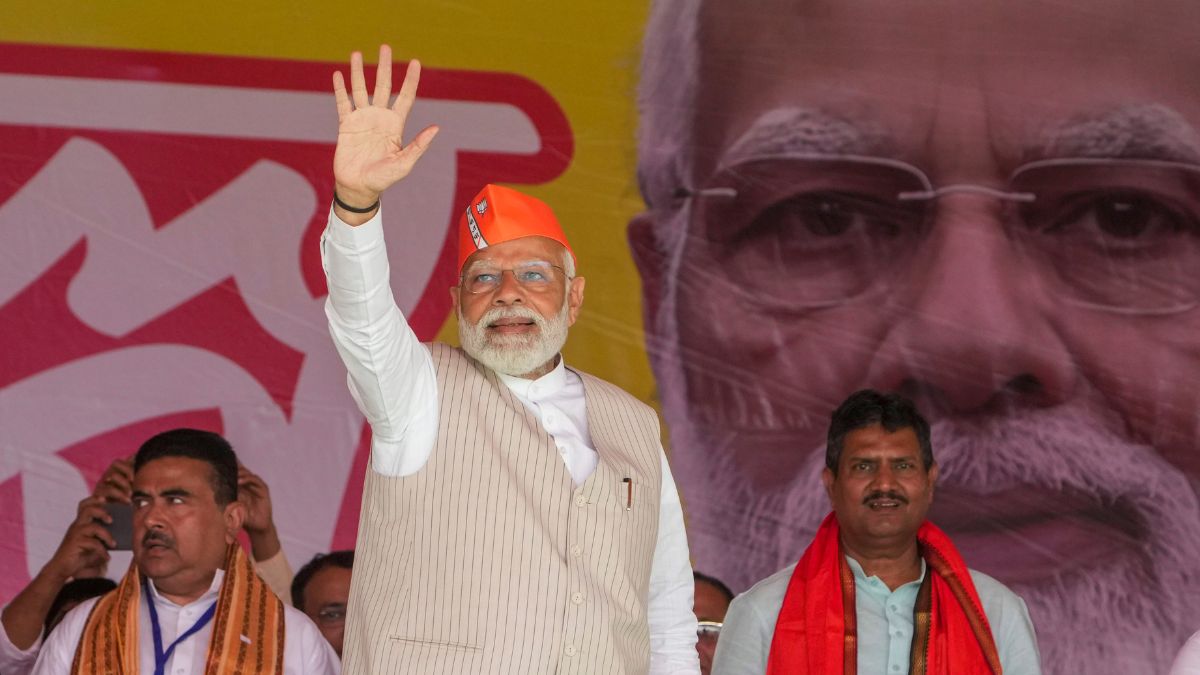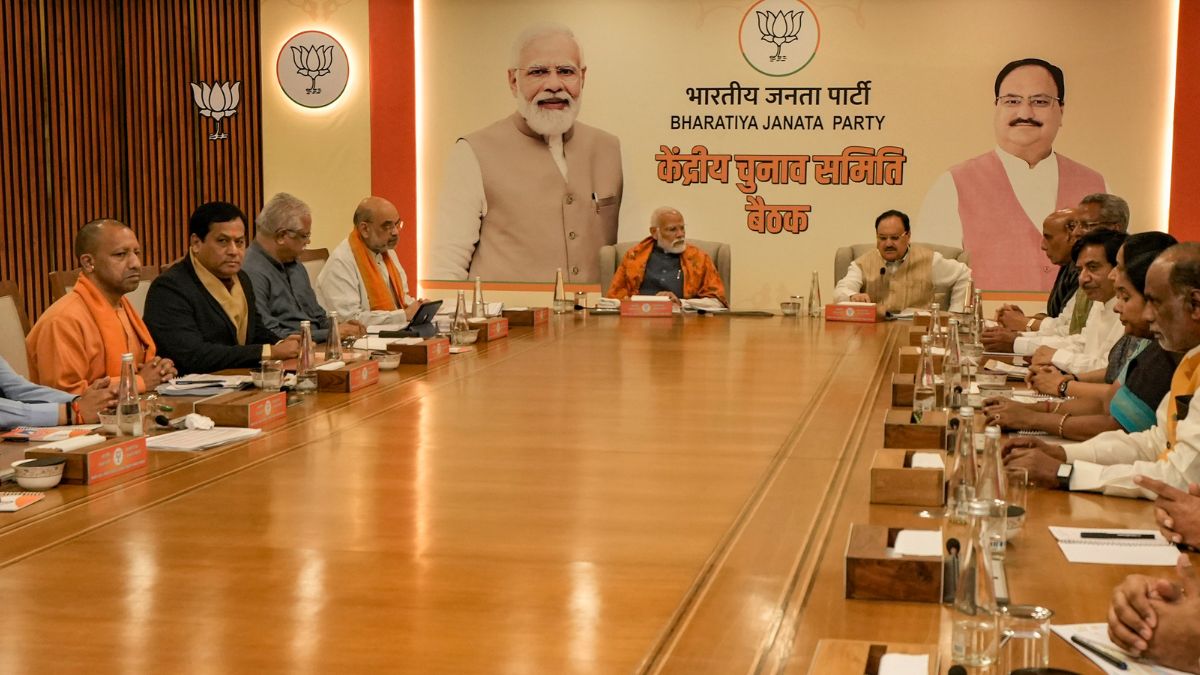Aspiring powers that seek to influence global narrative do not rise to greatness by acting on impulse. In the complex world of geostrategic affairs, sometimes we need to swallow pride, keep our heads down, keep eyes fixed on the target and wait patiently for the moment to emerge. Throughout the 1990s when the unfettered rise of America was reshaping post-Cold War global order — of which Brics is an offshoot — China did the hard grind while emitting nary a noise.
It has risen now. And the dragon’s fire is forging new relationships, singeing some old ones and molding the region around it in accord with President Xi Jinping’s iron will. China’s rise carries more than a few lessons for India. Even as Narendra Modi gears up to host the eighth annual summit of emerging economies, India would do well to ignore, for now, the multi-billion pound dragon’s machinations in the Brics (Brazil, Russia, India, China and South Africa) room.
For New Delhi to make anything out of the grouping of five economies at different stages on the growth and ambition scale, it must accept the ground realities and then proceed to focus on areas of convergence with nimble-footedness. If it wants to truly become a global player, India cannot afford right at this moment to take a confrontational posture vis-à-vis China and let bilateral tensions ruin Brics stated goals.
Granted, that those goals have faced a steady downward revision since the first decade of new millennium and expectations that Brics will become a formidable strategic, economic and political force have largely been belied but there still exists enough legroom for all players to facilitate intra-grouping trade and investments.
As Geethanjali Nataraj points out in The Financial Express , Brics countries in 2015 accounted for a total GDP of $16.92 trillion, equivalent to 23.1 percent of world GDP and a 19.1 percent share in world exports. Also, intra-Brics trade increased 163 percent, from $93 to $244 billion.
The catch is that most of this influence is due to China, whose disproportionate economic and strategic sway over the group is in direct confrontation with India’s own regional and global aspirations. Beijing represents two-thirds of the conglomerate’s total GDP and accounts for a lion’s share of its trade and investments. Taken together with a new muscular foreign policy under President Jinping, China possesses both the power and will to use Brics as a tool of its larger role in global geopolitics.
Since international relations are mostly guided by narrow strategic interests, it is hardly surprising that the assertive dragon is increasingly pushing the pacifist elephant into a corner. It has flatly refused to let UN designate Jaish-e-Mohammed chief Masood Azhar as a terrorist that would have put curbs on his travel and greatly reduce his chance of raising funds. It has almost single-handedly prevented India’s entry into the Nuclear Suppliers’ Group (NSG). Beijing has invested heavily to almost colonise Pakistan and has gained strategic military depth in India’s western border through CPEC.
Xi Jinping just became the first Chinese President to visit Bangladesh in 30 years. While on it, he extended a $24 billion credit line (trumping India’s investments by 12 times) at low-interest rates and promised to finance in heavy infrastructural projects like power and port with a country over whom New Delhi reckons to have huge strategic influence. And recently it blocked a Brahmaputra tributary just to send a message across to India on post-Uri developments.
These Chinese strategic moves come in the backdrop of a huge trade imbalance between the two nations. ANI reports, quoting data from China’s General Administration of Customs that India in September exported goods worth $922 million to China, while importing goods worth $5.4 billion. To rub it in, Chinese media recently gloated about this huge trade deficit and warned India that any attempt to block its goods will be ultimately futile and merely end up damaging bilateral ties — a barely concealed warning.
Now, India may respond in two ways. While Modi meets Jinping today on the sidelines for a closed-door bilateral, he may raise the irritants in the relationship and risk derailing the Brics Summit at the altar of bilateral tensions. This might gain his some domestic traction politically but will be a myopic strategy against a very powerful neighbour.
Alternatively, Modi may choose to focus on areas of convergence with the understanding that friction between two great aspiring powers can never be fully avoided but a working relationship will be more mutually beneficial. The Chinese are assertive but never far away from pragmatism. If India, as the current chair of Brics, manages to ignore the obvious provocations and shows a willingness to work with China and improve competition and facilitate economic growth between the emerging economies, it will earn grudging respect from the dragon.
Ultimately, it will only work to India’s benefit.


)




)
)
)
)
)
)
)
)